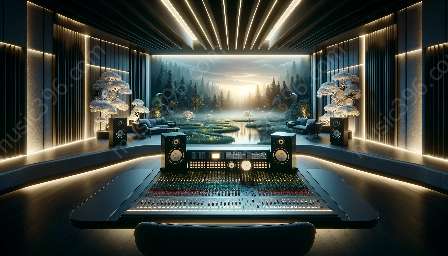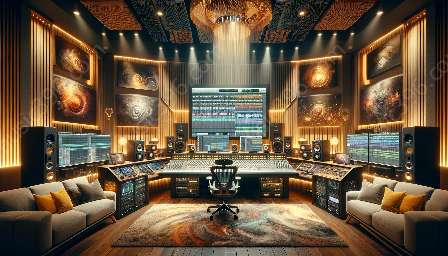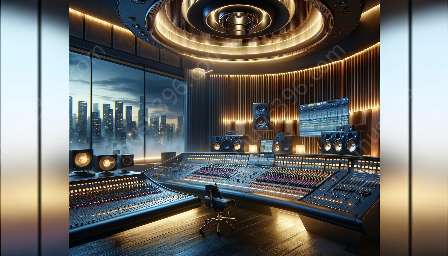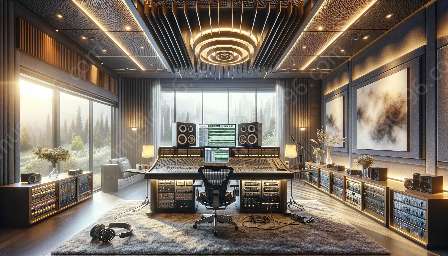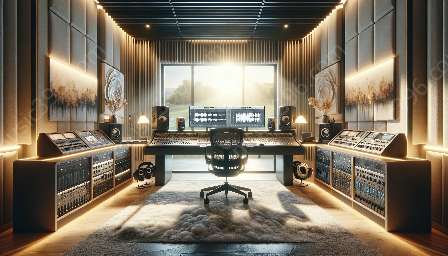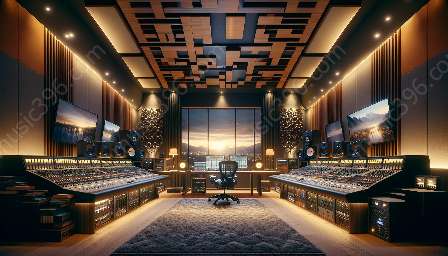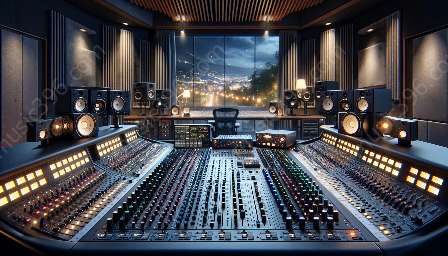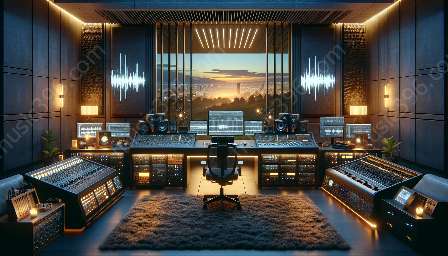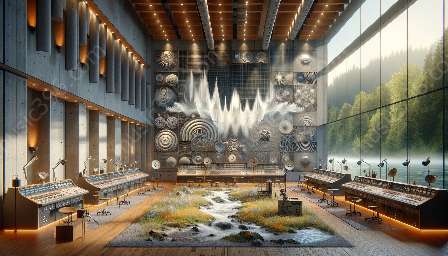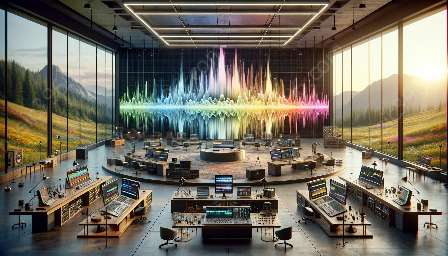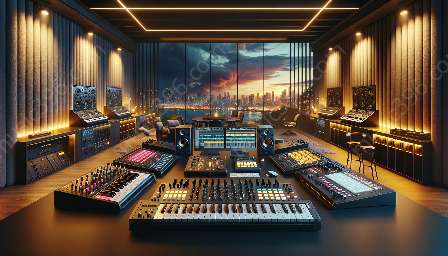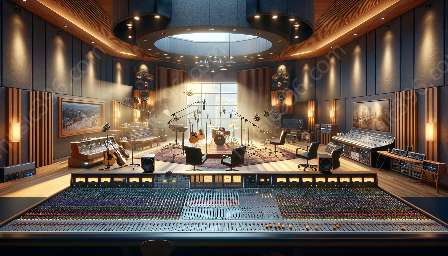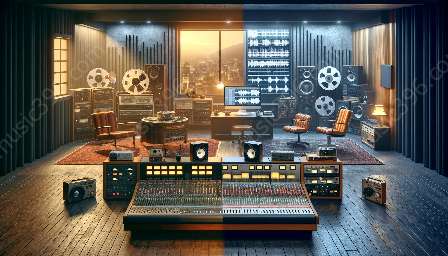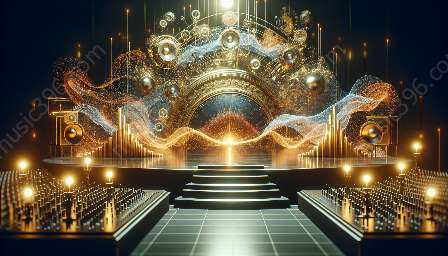Machine learning and AI technology are revolutionizing the field of audio software applications, impacting sound engineering in profound ways. As these advancements continue to evolve, they are shaping the future of sound technology, contributing to innovative solutions, and enhancing audio production capabilities.
The Evolution of Audio Software Applications
Audio software applications have undergone significant transformations over the years, from basic recording and editing tools to advanced platforms offering a wide array of features and functionalities. The integration of machine learning and AI technology has further accelerated this evolution, leading to the development of intelligent, intuitive, and adaptive software solutions.
Enhanced Sound Analysis and Processing
With the utilization of machine learning algorithms, audio software applications are now capable of conducting sophisticated sound analysis and processing. These technologies enable the software to identify patterns, remove unwanted noise, and optimize audio quality, ultimately enhancing the overall sound engineering experience.
Personalized User Experience
AI-powered audio software applications can tailor the user experience based on individual preferences and behaviors. Through the analysis of user interactions and feedback, these applications can adapt and personalize the interface, feature recommendations, and workflow, resulting in a more efficient and enjoyable experience for sound engineers and producers.
Automated Workflows and Productivity
Machine learning and AI have significantly automated various aspects of audio production, streamlining workflows, and boosting productivity. From intelligent audio editing tools to automated mixing and mastering processes, these technologies enable sound engineers to focus more on creative aspects rather than repetitive or mundane tasks.
Real-time Performance and Analysis
The integration of machine learning and AI in audio software applications has enabled real-time performance monitoring and analysis. This capability allows sound engineers to make informed decisions during live recordings, performances, and mixing sessions, resulting in improved overall sound quality and a more precise approach to sound engineering.
Adaptive Learning and Prediction
AI technology in audio software applications is capable of adaptive learning and prediction, continuously improving its performance and accuracy over time. By analyzing data patterns and user interactions, these applications can make intelligent predictions, adjustments, and suggestions, contributing to enhanced sound engineering outcomes.
Collaborative and Interactive Tools
Machine learning and AI technology facilitate collaborative and interactive features within audio software applications. These capabilities enable real-time collaboration, interactive feedback mechanisms, and even virtual assistants that can aid sound engineers in their decision-making processes, fostering a more connected and efficient working environment.
The Future of Sound Engineering
As machine learning and AI continue to advance, the future of audio software applications and sound engineering appears increasingly promising. The integration of these technologies is expected to further optimize audio production processes, unlock new creative possibilities, and shape the evolution of sound technology for years to come.

